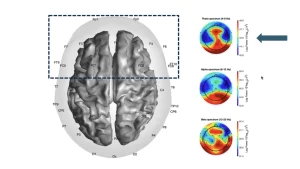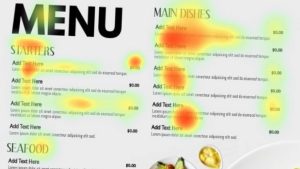During pregnancy and early motherhood, women undergo bodily and psychological changes, including how the brain processes emotions, especially related to emotional signals from infants, so that mothers can react appropriately to their child’s needs. However, what happens when depression and bipolar disorder play a role in those interactions?
In this Path to Publication webinar, hear from Anne Juul Bjertrup, PhD, about her PhD and post-doc research measuring psychophysiological responses to infant emotions in mothers with depression and bipolar. Dr. Bjertrup discusses how biosensors (eye tracking, GSR and facial expression analysis) have informed research conclusions that maladaptive emotional cognitive biases in the processing of these infant signals are associated with negative outcomes for the infants. She also talks about how her current projects are using biofeedback paradigms to train mothers towards enhancing mothers’ ability to pay emotional attention to infant signals and to sensitively mirror infant emotional states.
All researchers across fields who are interested in using biosensors to detect and train emotional cognitive processing, beyond just psychology, should watch the webinar!
Bio:
Anne Juul Bjertrup, PhD, is a researcher and psychologist who works with the Neurocognition and Emotion in Affective Disorders (NEAD) Group at the University of Copenhagen. She investigates pregnant women and mothers with and without affective disorders. Her primary research interests center around affective cognition in pregnancy and motherhood, understanding risk for postpartum depression and understanding the neurocognitive mechanisms involved in intergenerational transmission of risk from mothers with affective disorders to their children.



 ” loading=”lazy”>
” loading=”lazy”>
 ” loading=”lazy”>
” loading=”lazy”> ” loading=”lazy”>
” loading=”lazy”> ” loading=”lazy”>
” loading=”lazy”>


